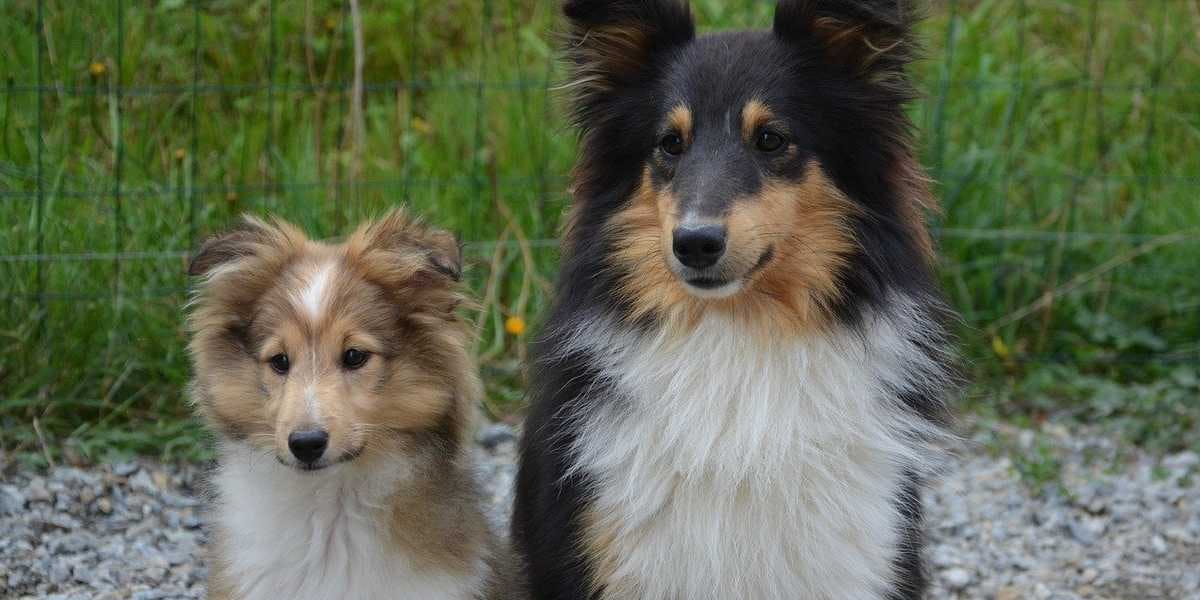DOGBREEDS
Shetland sheepdog
Shetland Sheepdog, or "Sheltie" are pleasant, friendly, calm, and cooperative companion dogs.
We were initially shepherds, but today we primarily function as companion dogs.
Shetland sheepdog
We were initially shepherds, but today we primarily function as companion dogs. Many of us still have strong instincts, meaning we can still be used as working dogs.
Our glamorous looks have contributed to our increased popularity in show dogs. We also do well in various dog sports, such as agility, freestyle, and rally obedience.
We have good moods and show a strong ability to cooperate with our owners. Be aware that we are sensitive dogs, so it is important to use positive reinforcement to train us. We are affectionate towards our owners, and we especially love children!
We may be a little sceptical of strangers, but once we get to know them, we are safe and kind.
Adaptable and athletic
Like all dogs, we require our dose of exercise to thrive. We are far from the breed that requires the most, as we are quite adaptable to different lifestyles.
A Shetland Sheepdog is athletic, bouncy, and agile. In addition, we can run very fast! These are qualities that have earned us podium prices in various dog sports.
Even though we have a medium level of activity, we like to join long walks in nature. We are extra happy when we get to run a lot. Due to our shepherd instincts, tend to run after tiny animals, so make sure you train a lot on summoning us!
Also, do not forget that we love to work. Please give us plenty of mental and physical challenges!
A Shetland sheepdog is usually friendly to other dogs. However, in the absence of socialization, some individuals may end up reserved and shy.
Vocal dogs
People must not forget that we have strong shepherd instincts. This means, among other things, that we can be vocal dogs, that bark a lot!
Our voice has been an important tool for us. There is no doubt we have the ability to make sounds. We can vocalize a lot when we discover something of interest. Such as when strangers come to our home.
It is common for us to bark at birds other animals to let them know to «bugger off!».
Our tendency to bark can be a challenge for some. But with the right training, it is possible to reduce the barking considerably.
People must not forget that we have strong shepherd instincts
Long life expectancy
Most of us are in good health, but some health implications can occur. Often health problems are related to how we are bred, so please spend time finding a serious breeder!
Some of the health problems that affect us are hereditary eye disease PRA, epilepsy, deafness, obesity, and heart defects.
Healthy individuals have a life expectancy of 10-15 years.
Simple maintenance
Our long fur consists of two layers. A soft undercoat and a harder layer of main coat. It provides good protection against weather and wind!
Brush us 2-3 times a week.
Contact us
Contact us
Media & Partnerships
support@lildog.com
Address
Lildog AS - Skippergata 14
7042 Trondheim, Norway
